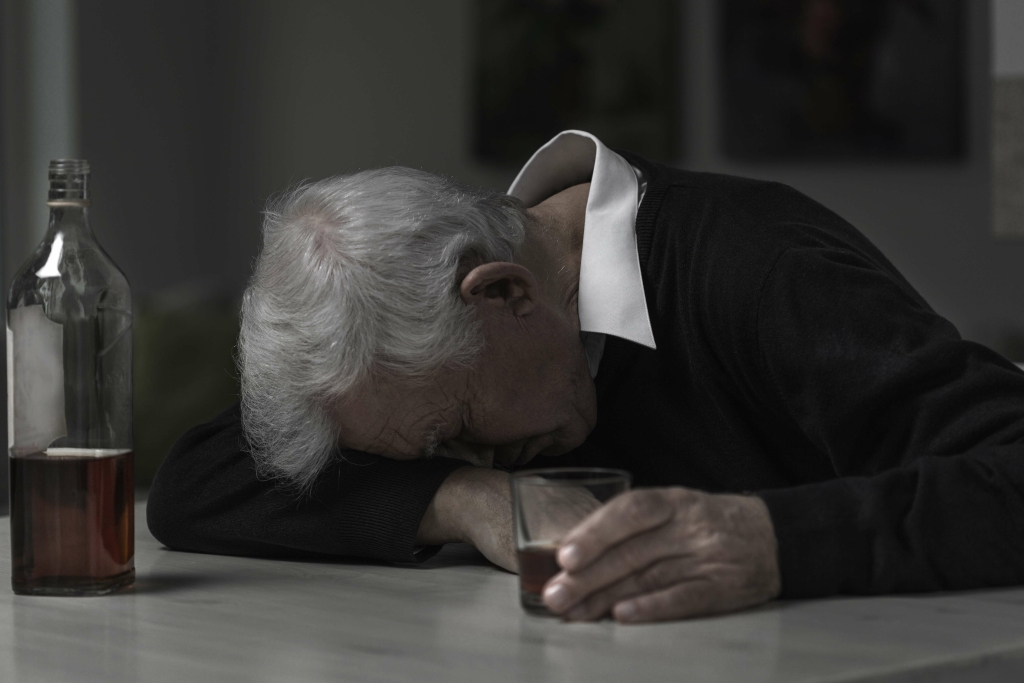Because denial is common, you may feel like you don’t have a problem with drinking. You might not recognize how much you drink or how many problems in your life are related to alcohol use. Listen to relatives, friends or co-workers when they ask you to examine your drinking habits or to seek help.
Alcohol Use Disorder Stages
That includes what you’ll do if the intervention doesn’t change your loved one’s mind. For instance, is there a treatment program you want your loved one to sign up for? If you suggest a dramatic action, be prepared to follow through with it. Working with an addiction or intervention specialist can often be helpful, but some people arrange interventions on https://www.redsolar.com.au/drinking-together-and-drinking-alone-a-social/ their own without professional help.
Where can someone find treatment for AUD?
There is a multitude of negative psychological effects of an alcohol use disorder, including depression and antisocial behaviors. People with this condition can’t stop drinking, even if their alcohol use upends their lives and the lives of those around them. While people with this condition may start drinking again, studies show that with treatment, most people are able to reduce how much they drink or stop drinking entirely.

Drinking Levels Defined
In order for treatment to work, the person with an alcohol addiction must want to get sober. You can’t force them to stop drinking if they aren’t ready. It can cause changes to the brain and neurochemistry, so a person with an alcohol addiction may not be able to control their actions. You’re likely to start by seeing your primary health care provider.
Someone with an alcohol addiction who has remained sober for months or years may find themselves drinking again. They ethanol abuse may binge drink once or drink for a period of time before getting sober again. It’s important that the person get back on track and resume treatment. For example, antidepressants, if someone with an alcohol addiction were self-medicating to treat their depression. Or a doctor could prescribe drugs to assist with other emotions common in recovery.
- It can cause you to be unable to function at work and in other areas of your life.
- Those individuals seem to drink less often and lower amounts after receiving treatment compared with before treatment.
- Alcoholic beverages are classified as carcinogenic by the International Agency for Research on Cancer and increase the risk of several cancer types.
- Treatment of AUD focuses on relieving symptoms of alcohol withdrawal in the short term and then suppressing alcohol cravings in the long term.
While some people with alcohol use disorder can cut back or stop drinking without help, most are only able to do Sober living house so temporarily unless they get treatment. Individuals who consume alcohol in lower amounts and tend to cope with problems more directly are more likely to be successful in their efforts to cut back or stop drinking without the benefit of treatment. One frequently asked question about alcoholism is if it is hereditary. As with most other mental disorders, alcohol addiction has no one single cause and is not directly passed from one generation to another in families.
- Codependency is the tendency to interact with another person in an excessively passive or caretaking manner that negatively affects the quality of the codependent individual’s life.
- Over the long term, AUD may lead to serious health conditions, while worsening others.
- Binge drinking—and heavy drinking—is a type of alcohol misuse (a spectrum of risky alcohol-related behaviors).
- End-stage alcoholism, also known as late-stage alcoholism, is the most severe.
Such problems may become more prominent when you’re no longer using alcohol to cover them up. But you will be in a healthier position to finally address them and seek the help you need. Drinking to relieve or avoid withdrawal symptoms is a sign of alcoholism and a huge red flag. When you drink heavily, your body gets used to the alcohol and experiences withdrawal symptoms if it’s taken away. Often, family members and close friends feel obligated to cover for the person with the drinking problem. So they take on the burden of cleaning up your messes, lying for you, or working more to make ends meet.

Group counselling is encouraged, as you’ll find inspiration and support from others in the same situation. If you or your doctor think you need intensive support from an alcohol treatment centre, they will recommend local centres that specialise in helping people beat alcohol abuse. You can receive treatment as an inpatient or as an outpatient at home; it all depends on the level of your alcohol abuse. Binge drinking is defined as drinking so much that your blood alcohol level reaches the legal limit of intoxication within a couple of hours.

Leave a Reply